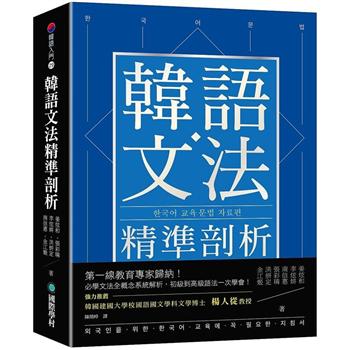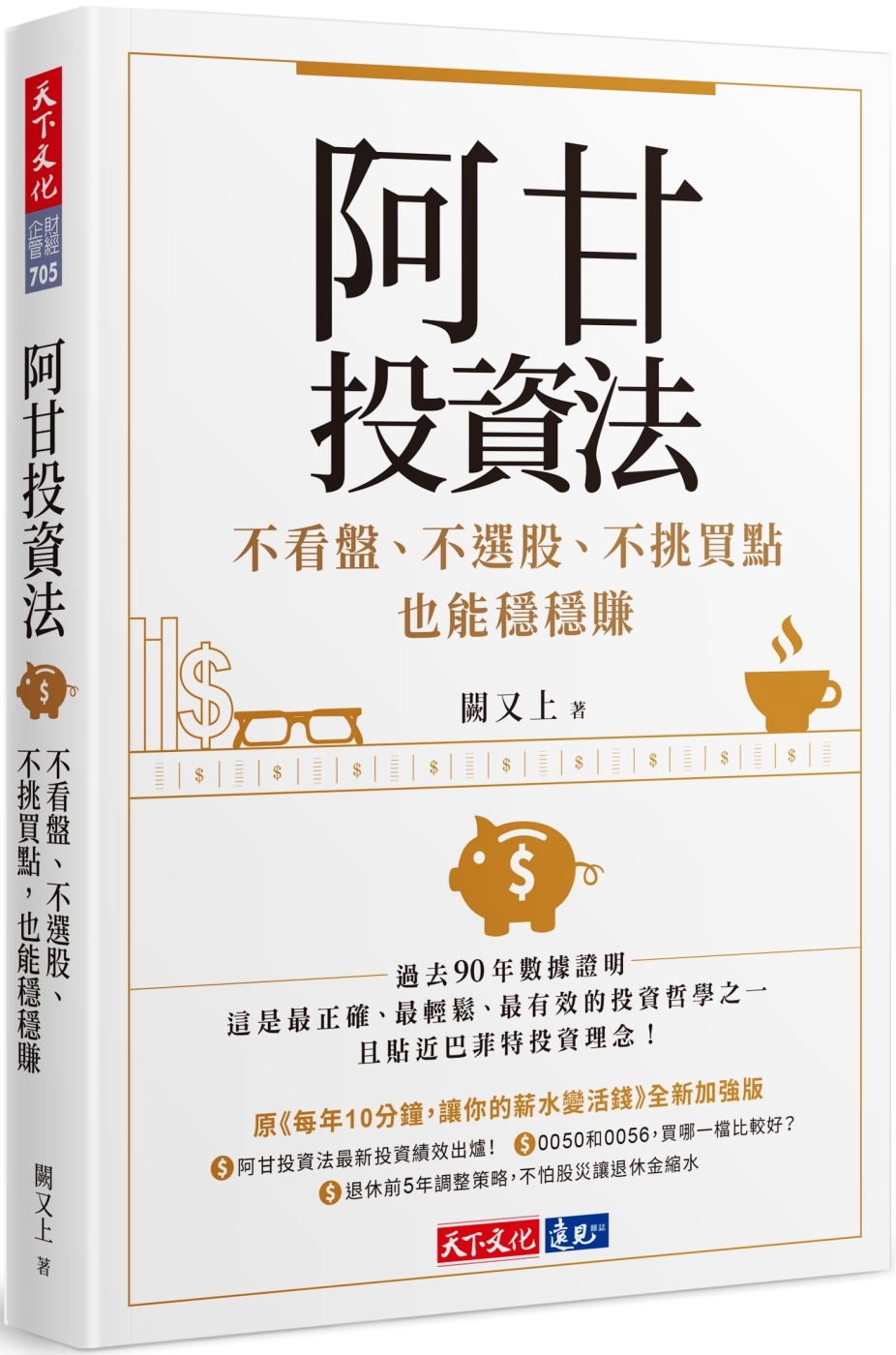The Commonsense of Municipal Trading, penned by the brilliant Bernard Shaw, presents a compelling and characteristically witty argument in favor of municipal ownership and operation of essential services. Published in 1904 and updated in 1911, this treatise examines the practical benefits and philosophical underpinnings of entrusting local governments with the responsibility of providing utilities such as water, gas, and transportation.
Shaw masterfully dismantles the arguments against municipal trading, countering claims of inefficiency and bureaucracy with insightful observations on the potential for improved service, reduced costs, and enhanced public welfare. He champions the idea that essential services should be managed for the benefit of the community rather than for private profit, advocating for a more equitable and socially responsible approach to urban economics. Shaw’s accessible prose and logical reasoning make this work an enduring contribution to the discourse on public policy and the role of government in shaping a just and prosperous society. It remains relevant for anyone interested in the history of socialist thought and the ongoing debates surrounding privatization and public services.
This work has been selected by scholars as being culturally important, and is part of the knowledge base of civilization as we know it. This work was reproduced from the original artifact, and remains as true to the original work as possible. Therefore, you will see the original copyright references, library stamps (as most of these works have been housed in our most important libraries around the world), and other notations in the work.
This work is in the public domain in the United States of America, and possibly other nations. Within the United States, you may freely copy and distribute this work, as no entity (individual or corporate) has a copyright on the body of the work.
As a reproduction of a historical artifact, this work may contain missing or blurred pages, poor pictures, errant marks, etc. Scholars believe, and we concur, that this work is important enough to be preserved, reproduced, and made generally available to the public. We appreciate your support of the preservation process, and thank you for being an important part of keeping this knowledge alive and relevant.












